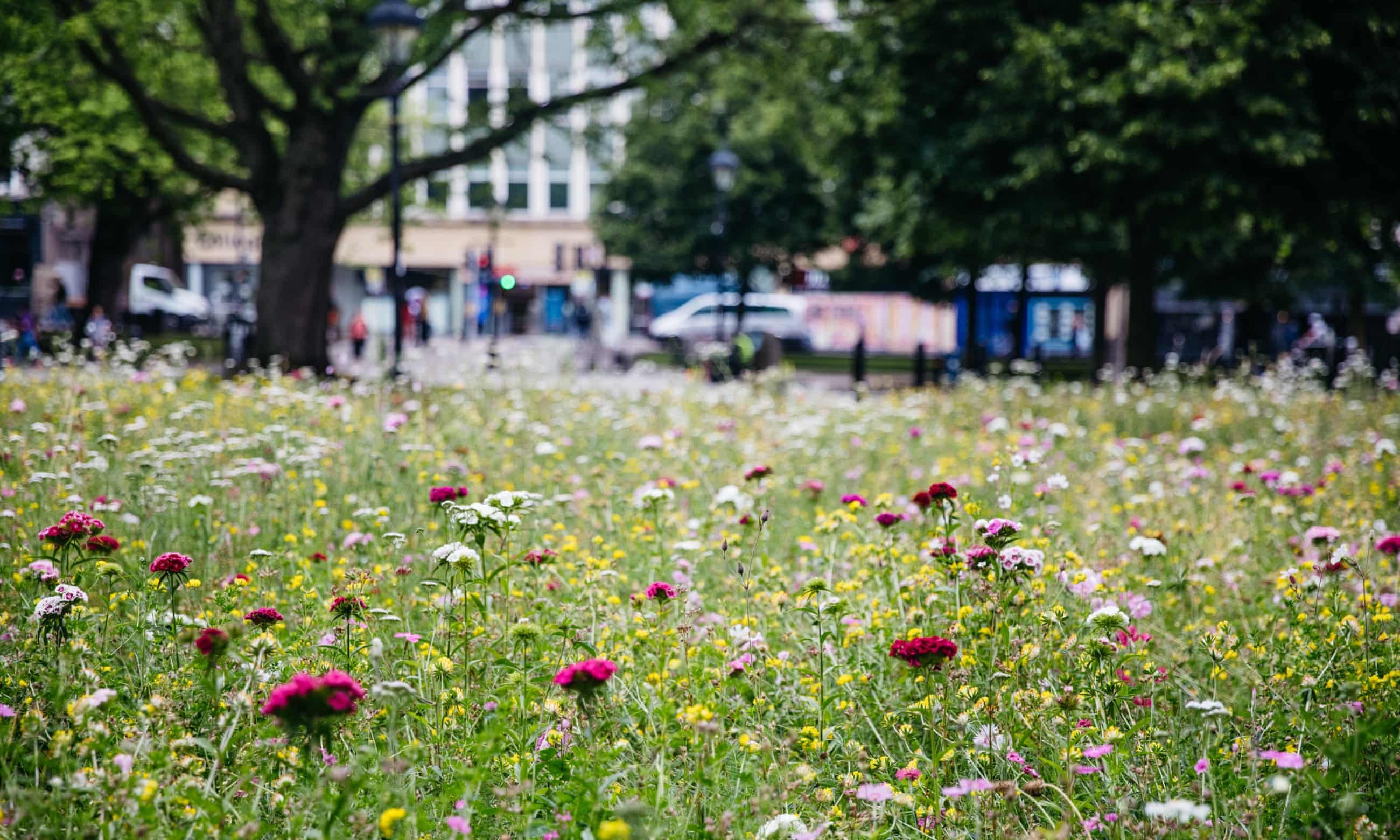Humber Forest Marks National Tree Week with Community Events and Tree Planting
Humber Forest and East Riding of Yorkshire Council are marking National Tree Week (November 23 – December 1) with a series of activities across the region.
East Riding Libraries are hosting ‘Tree Parties’ featuring woodland-themed activities. North Bridlington Library will offer Woodland Friends Duplo Storytimes and Marvellous Microscopy sessions, while both North Bridlington and Hedon Libraries will hold woodland-themed Lego Art sessions. No booking is required for these events.
During the week, Humber Forest will plant over 4,000 trees at sites in Cottingham, Arram, and North Newbald. The initiative, supported by Defra’s Nature for Climate Fund, is part of the community forest network covering Hull, East Yorkshire, and North Lincolnshire.
The organization provides grants covering up to 100% of planting costs and five years maintenance for farmers, landowners, businesses, and communities interested in planting trees or hedgerows. Volunteers carry out the planting work, with many reporting benefits to their physical and mental health.
“At a time when our climate is truly in crisis, it is really helpful to be able to feel I am doing something to help,” says Gillian Darton, a tree planting volunteer with The Conservation Volunteers.
The Humber Forest team aims to plant over 250,000 trees by March 2025.
For Tree Party event information, visit www.eastridinglibraries.co.uk/whats-on and search “trees.” To learn about tree planting opportunities, visit www.humberforest.org or email humber.forest@eastriding.gov.uk.






